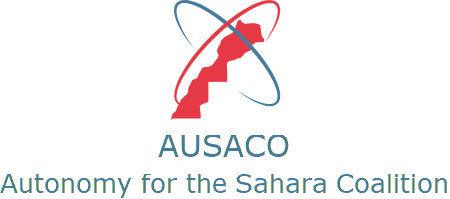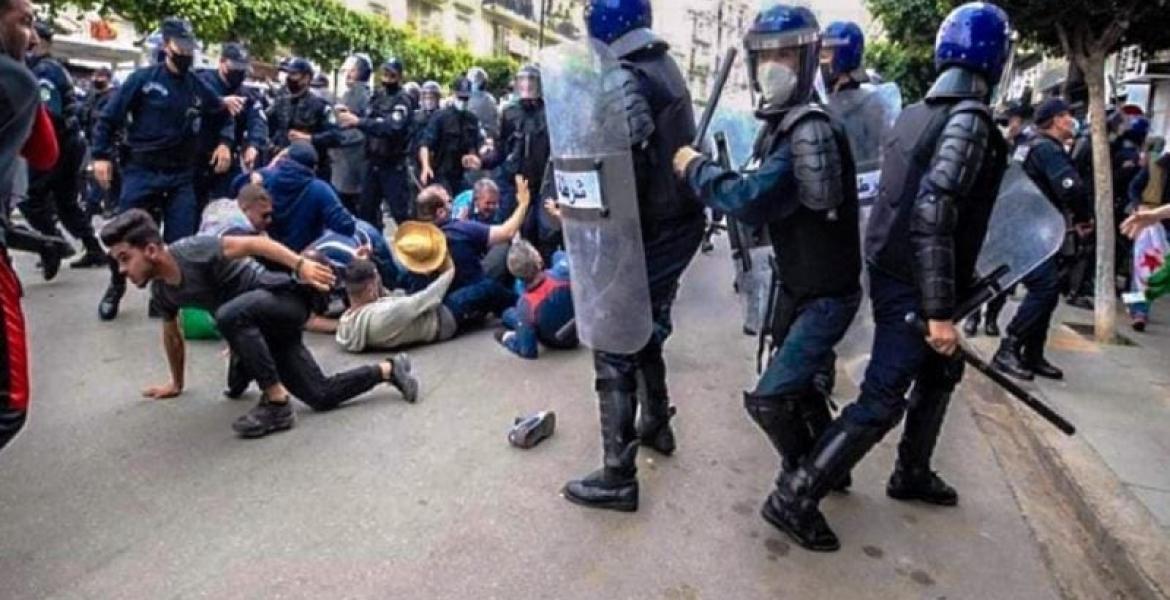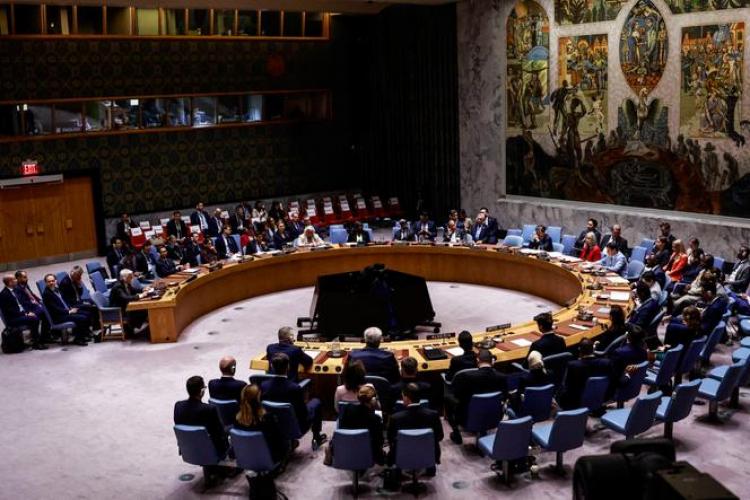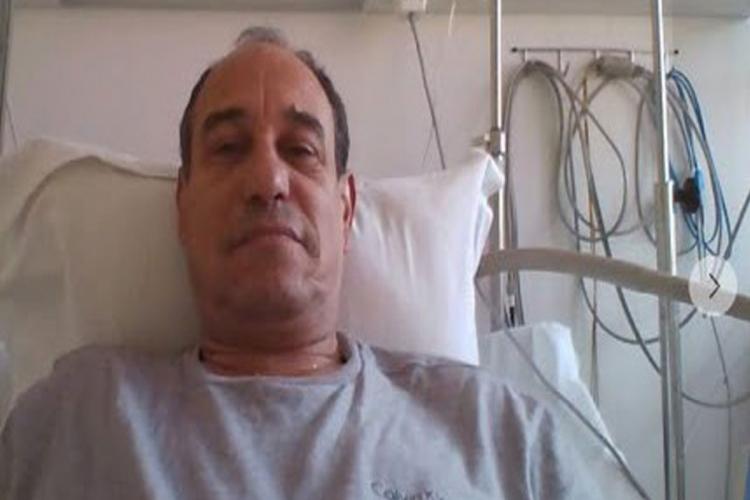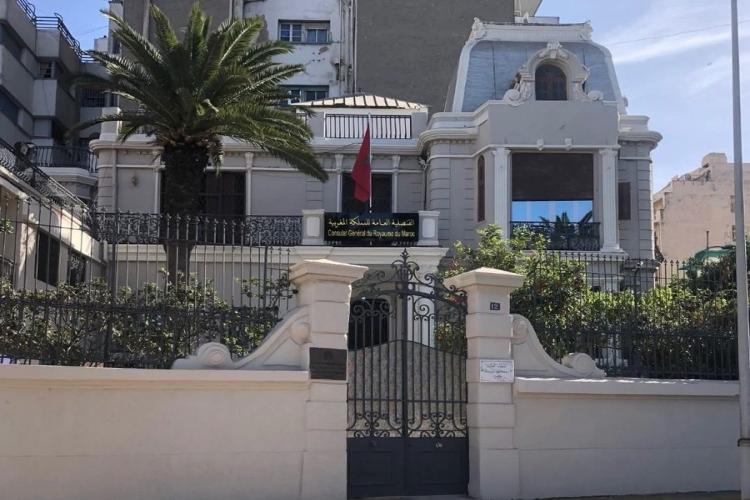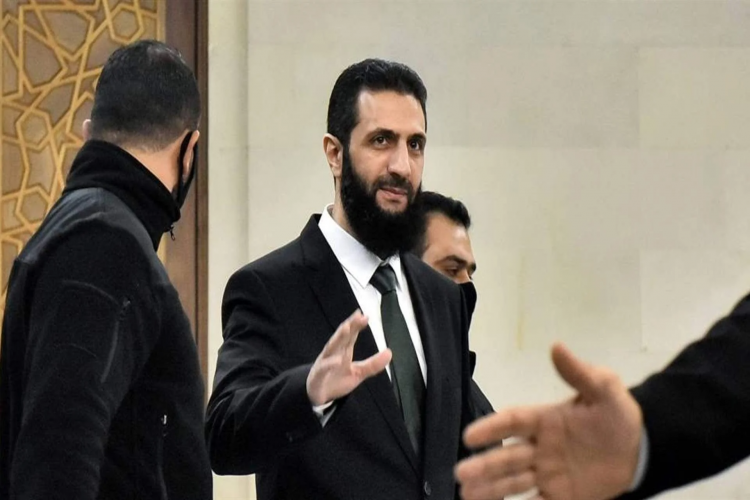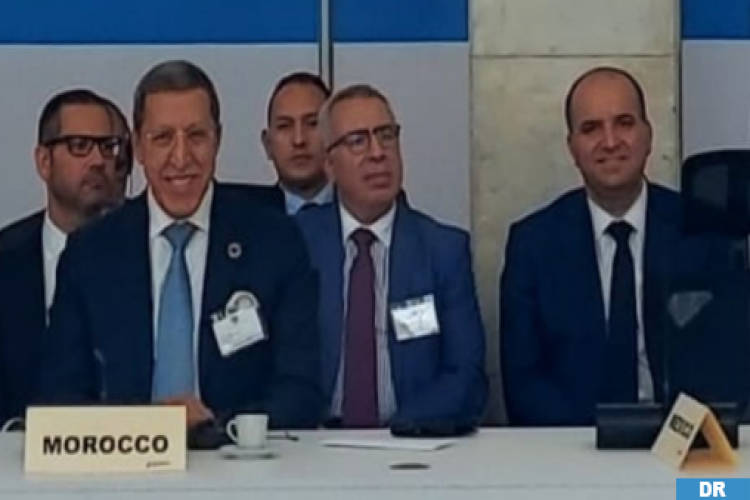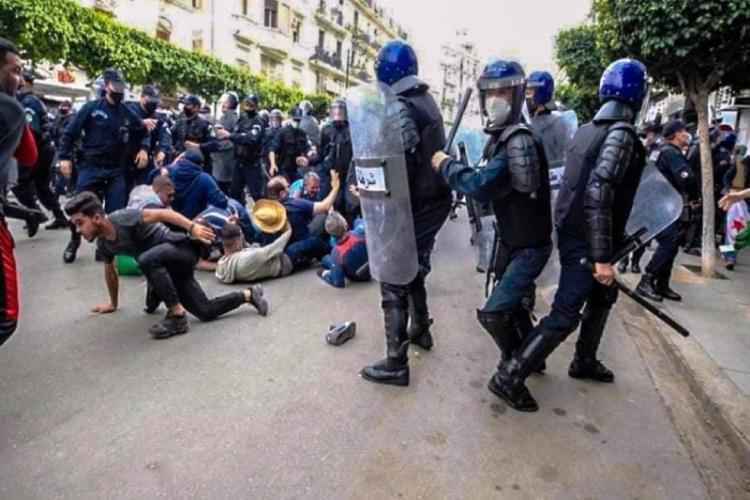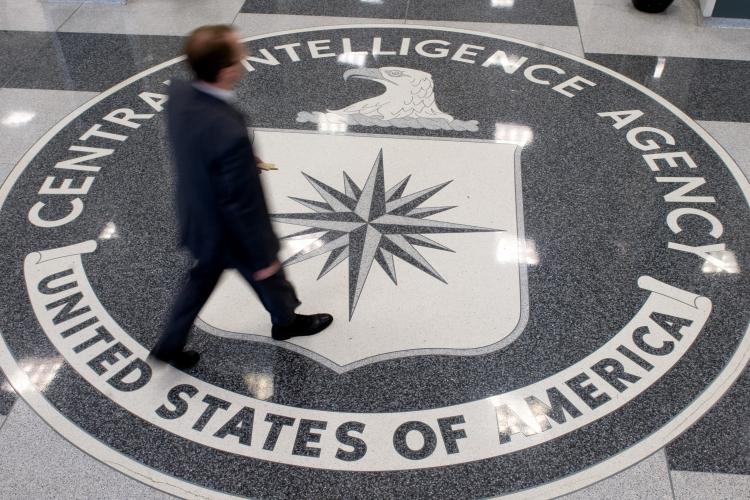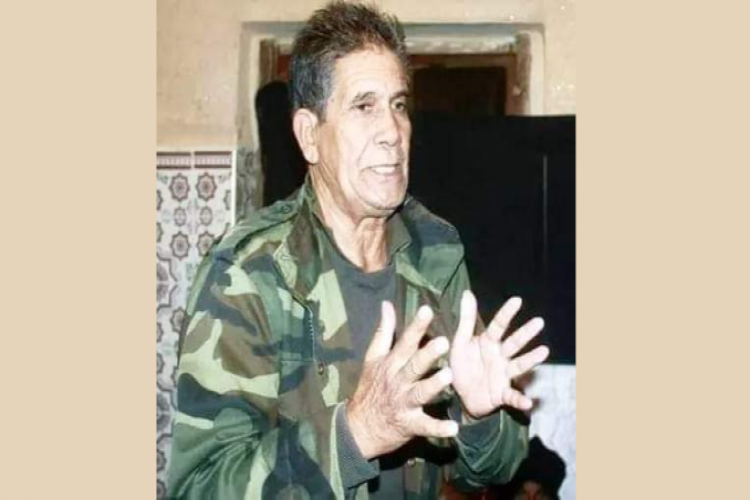Algeria: The Dictatorship That Europeans Love
Algeria has a long history of political turbulence and authoritarianism. After gaining independence from France in 1962, the country was ruled by a single party, the National Liberation Front (FLN), until the 1980s. Since then, Algeria has experienced periods of political liberalization and repression, with varying degrees of respect for democracy, human rights, and press freedom, while its constitution provides for the protection of human rights and the rule of law. However, in practice, there have been concerns about the country's democratic and human rights record.
The country held its first multi-party parliamentary elections in 1991, but the subsequent military intervention and cancellation of the second round of voting led to a decade-long civil conflict. Since the end of the conflict in the late 1990s, Algeria has held several presidential and parliamentary elections, but the process has been criticized for lack of transparency and for not allowing a level playing field for opposition parties. In recent years, there have been calls for political reform and a more participatory democratic process in Algeria.
Democracy in Algeria is a subject of controversy, despite holding regular elections, there have been persistent accusations of fraud and vote-rigging. In the most recent presidential election in 2019, there were widespread protests against the electoral process, and the winner, Abdelmadjid Tebboune, was seen by many as a continuation of the same political elite that has been in power for decades. Moreover, the election had a low turnout, which many attributed to widespread disillusionment with the political process.
Human rights in Algeria have also been a subject of concern. The country has been criticized for its treatment of political prisoners, including journalists and activists who have been detained for expressing dissenting views. According to Amnesty International, Algeria has a history of using anti-terrorism laws to suppress free speech and stifle opposition. In 2020, a prominent journalist, Khaled Drareni, was sentenced to two years in prison for his coverage of anti-government protests, which many saw as an attack on press freedom.
Press freedom in Algeria has also been a contentious issue. In recent years, there have been numerous reports of harassment, intimidation, and arrest of journalists who report on sensitive topics. In addition to the case of Khaled Drareni, other journalists have been targeted for their reporting on corruption and human rights abuses, recently, Radio M was closed and its news director, Ihsan El Kadi, was arrested, the journalist and political opposition in the same radio station, Amira Bouraoui escaped secretly to Tunisia, caused a political crisis between France and Algeria, which summoned its ambassador to Paris. The Algerian government has also been accused of censoring the internet and blocking access to news websites.
There have also been concerns about harassment, intimidation, and detention of opposition figures and activists, as well as restrictions on freedom of speech and the press. The Algerian government has also been criticized for its treatment of refugees and migrants, particularly those from sub-Saharan Africa, with reports of abuse and mistreatment by Algerian authorities.
In conclusion, Algeria's record on democracy, human rights, and press freedom is mixed. While there have been some positive developments, such as the end of the state of emergency in 2011 and the release of some political prisoners in 2019, there are still concerns about the lack of meaningful democratic reforms, the harassment of journalists and activists, and the suppression of free speech. It remains to be seen whether Algeria will take steps to address these issues and ensure that its citizens enjoy the full range of democratic rights and freedoms.
